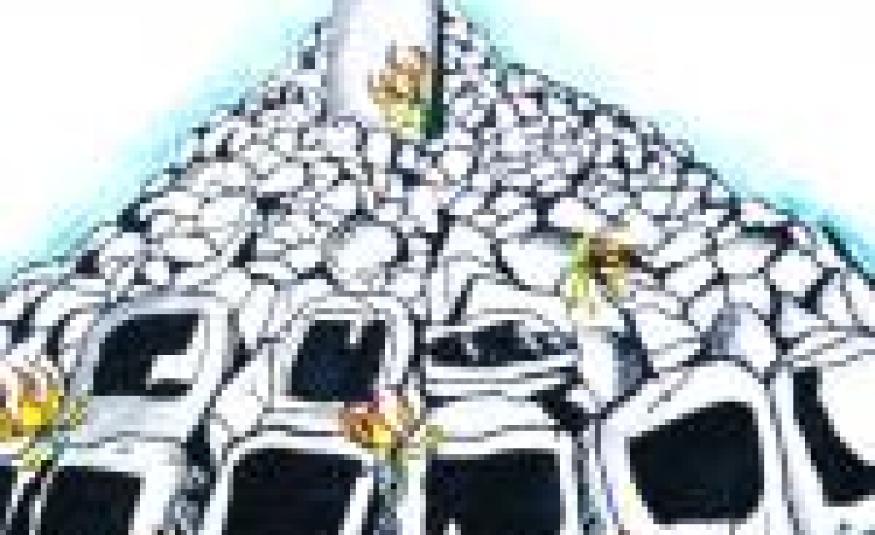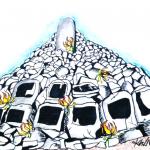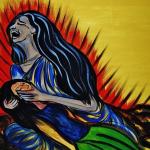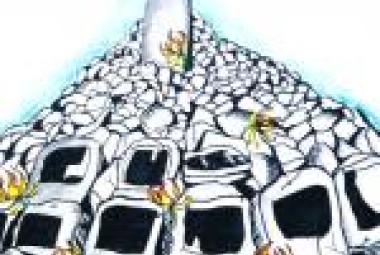Resistance and resilience
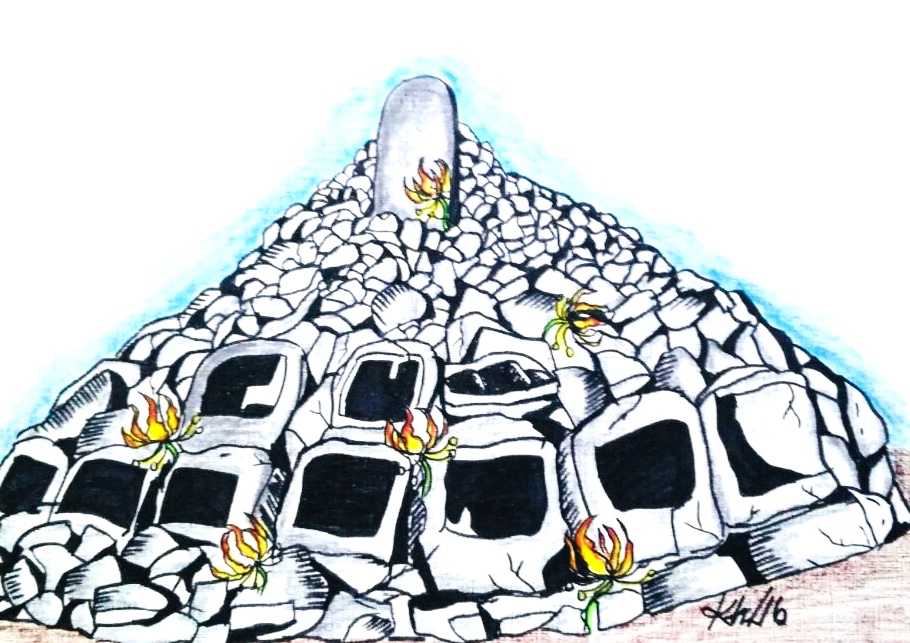
Today on Maaveerar Naal Tamils around the world gather in memory of those who died fighting Sri Lankan state oppression. Emboldened by the thousands that gathered at destroyed LTTE resting homes (Thuyilum Illams) last year, preparations this year have been on the largest scale since the end of the armed conflict. Tamils across the North-East have braved intimidation from the military and intelligence personnel to clear and decorate Thuyilum Illams. This November has like those past seen a deliberate campaign of fear-mongering by the police, justifying the deployment of extra officers through citing an alleged rise in gang violence, which conveniently seems to rear its head this time each year.

